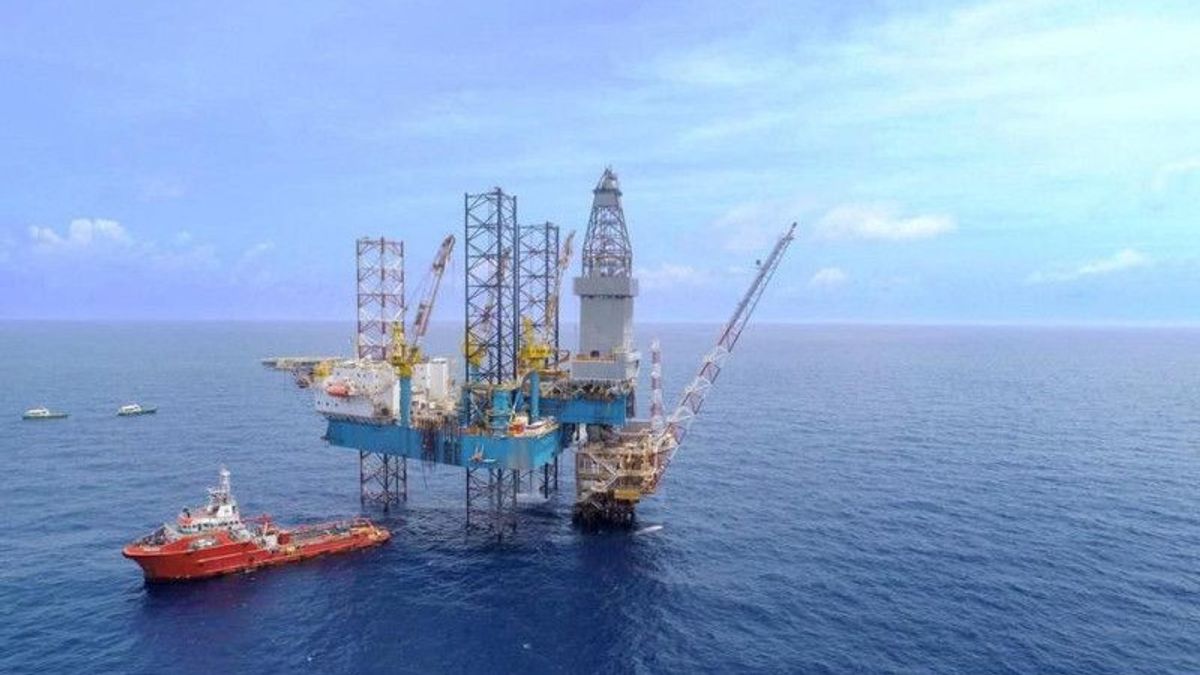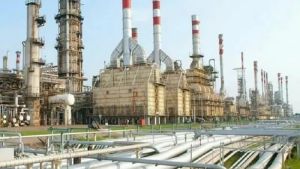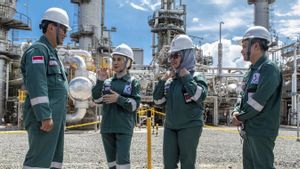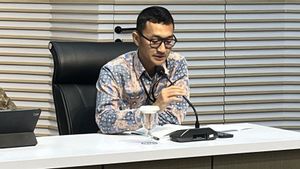JAKARTA - MPR deputy chairman Syarief Hasan appreciates the increase in upstream oil and gas investment realization in 2022 which is better than in previous years.
"SKK Migas reported that investment realization throughout 2022 reached US$12.3 billion or Rp.182 trillion, up 13 percent compared to 2021 which reached US$10.9 billion," MPR Deputy Chairman Syarief Hasan said as quoted by Antara, Sunday, February 12.
However, he continued, the investment realization in 2022 had not yet reached the target set at US$13.2 billion.
This is a challenge for policymakers and oil and gas business actors to continue to increase their production scale given the increasing demand for oil and gas.
According to Syarief Hasan, oil and gas energy sources are still the foundation for driving the wheels of the economy.
Initiatives to boost new and renewable energy must of course be continuously encouraged, in line with the production of fossil energy.
Moreover, people's activities are back to normal, meaning that the demand for oil and gas will also be higher. In fact, the realization of oil production in 2022 only reached 612,300 barrels per day (BPOD), lower than the target of 703,000 BPOD or compared to the realization in 2021 of 660,300 BPOD.
Gas production is also the same, only 5,347 million cubic feet per day (MMSCFD) compared to the target of 5,800 MMSCFD.
"This needs special attention, how to prepare the right strategy so that oil and gas production will increase. If this is allowed to continue, the oil and gas trade balance deficit will get bigger," he said.
In fact, he continued, BPS noted that throughout 2022, the volume of oil and gas imports increased to 47.74 million tons, an increase of 5.61 million tons compared to 2021.
"This means that the value of imports jumped 58.32 percent to reach US$40.42 billion. As a result, in 2022, the oil and gas trade balance deficit will amount to 24.4 billion, an increase of 83.69 percent compared to US$13.28 billion in 2021," said Syarief.
Therefore, he asked that the oil and gas sector get priority and incentives. The oil and gas case is not only an economic and energy issue, but according to Syarief it is related to state sovereignty.
He said that in the midst of global uncertainty and the threat of recession that still looms over the world, the energy sector will greatly determine the sustainability of a country's life.
"We also often experience scarcity and high oil and gas prices which directly have an impact on inflation and rising prices of basic commodities," he said.
If there is no energy independence, Syarief said Indonesia would only be a country affected by price fluctuations at the global level, and in the end, state finances would be depressed, and the people would have to bear the risk.
"We certainly really hope that policymakers, especially SKK Migas as a regulator in the upstream sector and Pertamina as a major oil and gas player, will continue to look for the best strategies and schemes so that the production scale continues to increase," he said.
VOIR éGALEMENT:
However, he continued, more than that the problem must get full support from the government, especially increasing investment and oil and gas production operations.
Pertamina's production performance which exceeds the target in 2022 also deserves appreciation, but of course, one should not be complacent.
"As long as it is not sovereign in determining oil and gas supply and prices, always depending on global oil and gas dynamics, then Indonesia still has a series of homework. In the end, energy independence is a goal that must be taken seriously," said Syarief.
The English, Chinese, Japanese, Arabic, and French versions are automatically generated by the AI. So there may still be inaccuracies in translating, please always see Indonesian as our main language. (system supported by DigitalSiber.id)











